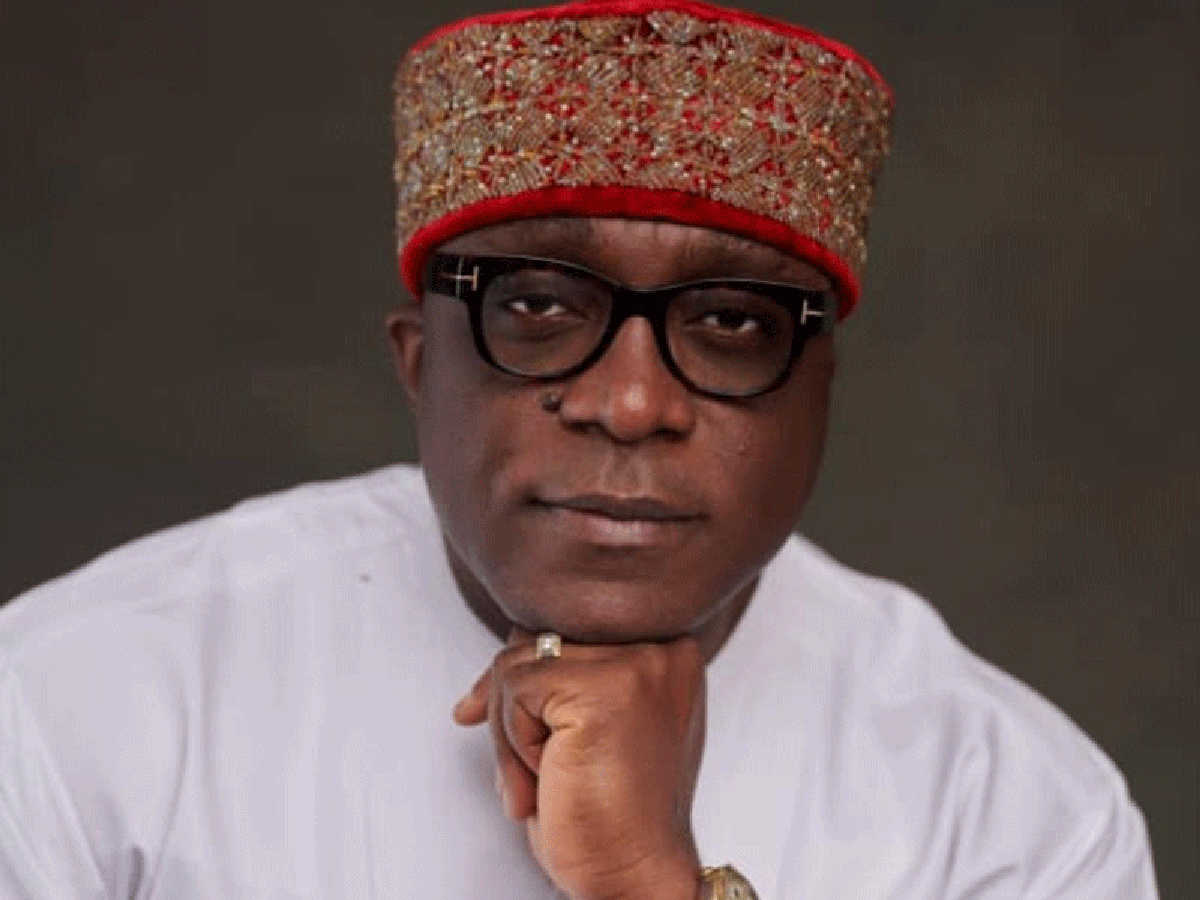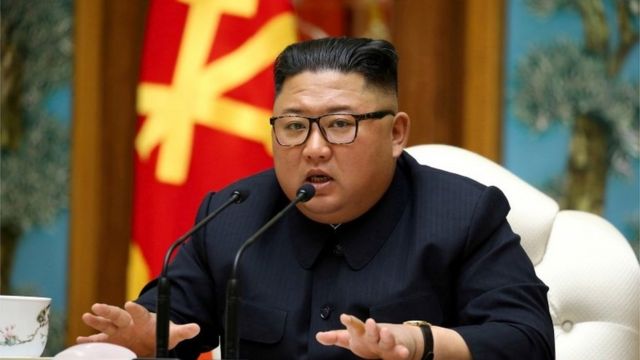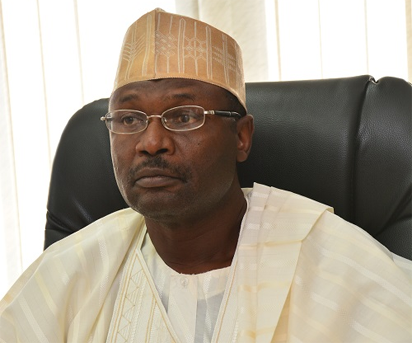Pressure on airlines: NCAA beefs up safety measures to prevent air mishap
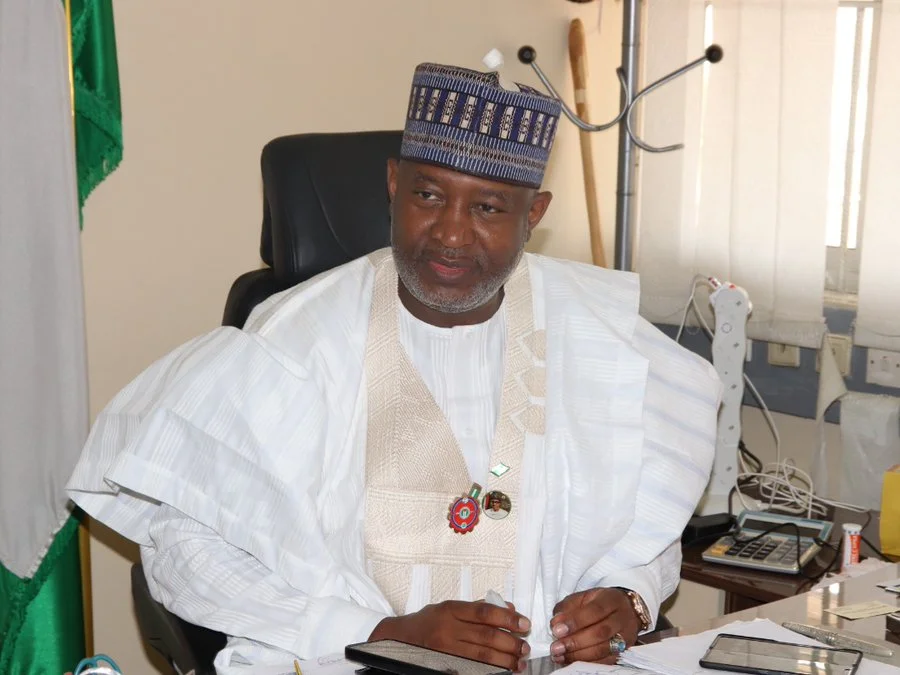
By Daniel Adaji
Despite the turbulence being encountered by airlines in Nigeria due to the scarcity and high cost of aviation fuel, foreign exchange, and the increasing cost of operation, the Nigeria Civil Aviation Authority (NCAA), the apex regulatory authority, has beefed up surveillance activities on operating airlines to ensure no operators engaged in under-cutting that could cause air mishap.
The current challenges facing the airline pose a challenge to the regulatory authority
The General Manager, Public Relations, NCAA, Mr. Sam Adurogboye, said, “the current challenges facing the airline pose a challenge to the regulatory authority,” so NCAA has “to continue to monitor aggressively. We always monitor them (operators).
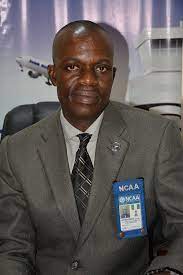
The GM, Public Relations, NCAA, Mr. Samuel Adurogboye. Photocredit:google
We are not taking chances. We are doing what we should do. People should be assured we are doing what we need to do.”
Key Points:
-
There are fewer aircraft for many routes in Nigeria. This puts pressure on airlines
-
The cost of Jet A1 aviation fuel is too high; the cost of airfare has to be hiked.
-
Operating cost for airlines is high because spare parts and maintenance as done in dollars
-
More airlines may close shops soon
-
Government must intervene in order to prevent the collapse of the aviation sector.
-
NCAA is at alert, to ensure no airline cuts corners to keep flying
Reiterating this in an interview with aviation journalists, the Director-General of NCAA, Capt. Musa Nuhu, also said despite the harsh economic climate, safety is never compromised: “Like I keep saying, safety is paramount to us. Anything that affects safety, there would be no compromise whatsoever. I will rather shut down an airline than allow it to operate unsafely.
I will rather shut down an airline than allow it to operate unsafely
It is better to have inconveniences, passengers getting angry and saying all sorts of things than having an unfortunate accident or incident. It is a very difficult situation but all parties are on top of it.
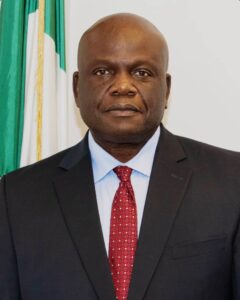
Director-General of NCAA, Capt. Musa Nuhu
Captain Nuhu added that, “We are currently conducting a financial and economic audit of the airlines. Right now, we are doing three airlines, we are going to be doing them in batches and we will sit down and discuss with their management on the way forward.
As I said, right now we have a financial and economic crisis. We don’t want it to cross over and become a safety crisis, that is why we are doing this to manage the situation.”
HIGH COST OF AIR TICKETS
From slightly above N50,000 return ticket on the busiest Lagos-Abuja-Lagos flight in the first quarter of 2022, flight ticket suddenly jumped to N50,000 for a one-way flight on virtually all domestic routes in Nigeria which attracted public outcry.
Flight ticket suddenly jumped to N50,000 for a one-way flight on virtually all domestic routes in Nigeria
But the body of airline operators, under the aegis of Airline Operators of Nigeria (AON) which denied price fixing at the time, blamed air fare increases on the sharp rise in price of aviation fuel, known as Jet A1; high foreign exchange rates ;and the general inflationary trend in the country, which has shot up the cost of production.
The Vice-President of AON and Chairman of Air Peace, Mr. Allen Onyema, who explained the operational challenges being faced by airlines, said in addition to the Jet A1 which has become an issue, “The Ground Handling Companies also increased their charges by 300 percent and they got together to do that. They went to the National Assembly and it has been approved for them.
If the cost of aviation fuel has risen by over 200 percent within a month, what should I do?
“If the cost of my operation, all of a sudden, has gone up by 300 percent, just from the ground handling services alone, what do I do? If the cost of aviation fuel has risen by over 200 percent within a month, what should I do?
If the cost of forex (foreign exchange) has risen from N340 to N585, what should I do? Don’t forget airline business is dollarized. Everything is in dollars. Do you want to fall out of the sky or fly safe in Nigeria?

The Vice-President of AON and Chairman of Air Peace, Mr. Allen Onyema
“Foreigners have been asking questions about how you people maintain your planes with the kind of fare you charge in Nigeria. In the year 2000, the lowest fare in Nigeria was N2,200 which was equivalent to $100 then.
Now 22 years down the line, we were charging less than $30 and $40. Do you need to look for reasons why airlines are closing shops in this country? Over 50 airlines have closed down in this country. Has anybody bothered to find out why?”
Over 50 airlines have closed down in this country
But for members of the flying public, the worst was yet to come at the time the air fare jumped to N50,000.
As the operational challenges fail to evaporate, especially as the Jet fuel continues to increase, the operators had no option than to further increase air fares after several meetings, interventions and discussions failed to bring down the high cost of Jet fuel.
At the time of compiling this report, Jet A1 costs about N700 per litre and about N900 up North; the same product which was sold for little above N200 last year.
Aviation fuel suppliers also blame the increase on the difficulty in sourcing forex and the high rate which is now over N700 to one dollar. And as the forex rate increases, the possibility of further increase in Jet fuel remains high.
70 PERCENT OPERATING AIRCRAFT GROUNDED:
In addition, players in the industry said the ongoing Russian-Ukraine war has caused a global supply chain disruption which is responsible for the scarcity being experienced in Nigeria and elsewhere. Capt. Musa Nuhu did not mince words in painting the present gloomy situation in the industry.
According to him, “it is a very critical and important thing happening to the industry not only the reported shortage but the rising cost of our aviation fuel, making it the largest component of the direct operating cost of any airline.”
Players in the industry said the ongoing Russian-Ukraine war has caused a global supply chain disruption
The DG stated that while aviation fuel used to constitute 40 percent of airline’s operating cost, it is now 70 percent leaving the operator with little to nothing to meet other obligations – staff overheads, payment for aircraft lease, scheduled maintenance, among others.
This is why at the moment 70 percent of operating aircraft in Nigeria is grounded over airlines’ inability to source forex to maintain their aircraft abroad. Though there are a few maintenance, repair and overhaul (MRO) facilities carrying out minor maintenance in the country, most airlines still depend on overseas maintenance to meet the required scheduled maintenance.
Findings by this reporter indicated that an airline would need between $1m and $2m for a comprehensive check on an aircraft depending on the extent of checks.
An airline operator said, “We struggle to get maybe $50,000 from the CBN, though that amount is not enough to do anything. We are importing spares, tyres, all parts of the aircraft, nothing is produced here. Where do you source dollars to carry out regular maintenance? The only option left for you is to go to the black market.”
At the moment, two airlines have gone down due to a cash crunch,. While Aero Contractors suspended operation, Dana Air was suspended by the NCAA to enable it to fulfill the audit requirements identified by the regulatory authorities.
With two airlines out, others are now operating at low capacity, thereby limiting flight options in Nigeria. And now the little available seats are overly expensive and out of the reach of the flying passengers. Checks on the websites of most airlines indicate that a one-way Lagos-Abuja flight costs between N78, 000 and N150, 000.
A check on the website of Air Peace showed Lagos-Abuja flight for N78, 000 being the lowest price, N130, 000 and N155, 000 as the most expensive ticket. On Ibom Air, the lowest Lagos-Abuja ticket is N88,000 and N90,000.
AIRLINES ONLY MANAGING TO BREAK-EVEN
The Executive Director of Max Air, Barrister Shehu Wada, said airline operators were only managing to break even by charging cost-effective fares on their tickets. “I can tell you we are really suffering. It is just by the grace of God that we are still in operation. The aviation fuel crisis is not improving and we have to survive. If we are to sell our tickets at the rate of Jet A1, the rate of forex and so on, a one-way ticket should be around N200,000,” he said.
Dr. Obiora Okonkwo, Chairman, United Nigeria Airlines (UNA) said operating in the industry has been tough. He said, “As we speak, aviation fuel is selling for about N800. It’s a tough market, and not only is there over 100 % increase on aviation fuel; ground handlers have increased the cost of handling by 300%.
“Some airports have increased their charges by more than 100%. At the end of the day, you find out that airline operators are just cashiers and the only way this money is realised is when tickets are sold and passengers buy tickets and are able to utilise them. When that is done, out of that meagre fare, you begin to distribute.
“There are over 30 charges on every single ticket. So, if you have to really compute and make sure all those charges are captured, a typical ticket minimum for one hour flight in Nigeria should be over N130, 000 in Nigeria.
And we, the operators, are very conscious of the fact that it would be a big burden on travellers, considering the economic situation in Nigeria. That is why we have been trying to engage relevant agencies of government and policy makers to look into this because we strongly believe that aviation industry is an essential service to our national development and that it should be treated so.”
AIR FARES MUST BE REALISTIC:
Aviation analyst and President of the Aviation Roundtable and Safety Initiative, Dr. Gbenga Olowo, said airlines should price their tickets based on the current market price of Jet A1, warning against any form of shortcut just to cut cost.
And if this admonition is anything to go by, it means air fares would no longer be within the reach of an average Nigerian.
More airlines may soon go under if the current situation persists
The President of Aircraft Owners and Pilots’ Association, Capt. Alex Nwuba said more airlines may soon go under if the current situation persists, saying operators need to brace up for more challenges as the forex crisis, aviation fuel supply disruption, among others persist.
Read also… Countries where Nigeria Doctors flee to
The Insight Report
Nigeria Coverage

